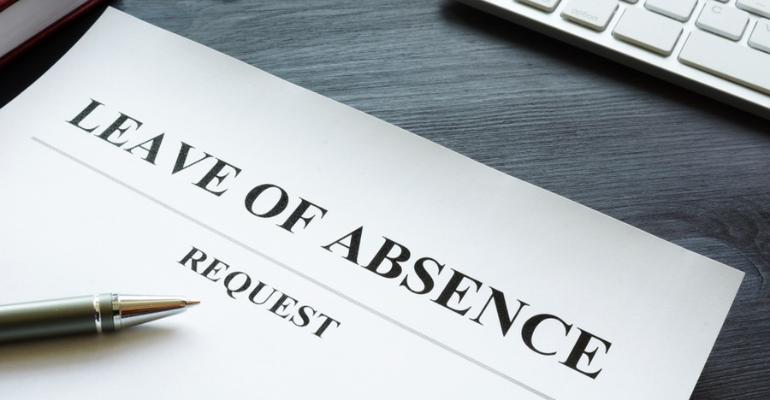
New Study Finds Employers Not Hiring Women due to FMLA
FMLA Raises Issues with Gender Discrimination in Workplace
Has the Family & Medical Leave Act changed the way employers hire? The Family & Medical Leave Act (FMLA) was enacted in 1993 in order to secure the right for employees to take leave and care for a sick or newborn family member or for an employee’s own serious health condition, among other rights. Eligible employees covered by the FMLA are able to take up to 12-weeks unpaid time off in a 12-month period. Employers must keep the employee’s job open while s/he is on leave and s/he must be able to return to it, or a job that’s similar, at the end of his/her leave.
Hiring Prejudices
In 2014, a survey of 500 managers out of the UK revealed 40% of hiring managers admitted they are generally wary of hiring a woman of childbearing age or women with children. A quarter of those polled said they would rather hire a man in his 20s-30s than a woman.
France just passed a gender equality law that gives equal paternity leave to men. Now companies will no longer be able to treat women as a larger liability from an employment perspective, all genders are eligible for equal time. But will men take it?
Men and FMLA
Even though men in the United States are eligible to use leave under the FMLA for paternity leave, most do not. For many it’s a financial decision. With mom out on leave, most families cannot afford two people out on unpaid leave. The second reason is more troubling. In a 2000 study conducted by the Department of Labor, 42.6 percent of men “did not take leave because of a concern their job advancement may be hurt.”
While this finding is a decade and a half old, employees are still struggling with issues surrounding gender discrimination over pregnancy, leave, and child raising. Employers are conflicted. Many know it’s wrong to discriminate but they feel the need to protect the “bottom-line” and seemingly place the financial position of the company first without considering the hidden costs such a decision may have on the company.
A more recent study in the United States indicates that employers are less likely to promote women. Women of childbearing years are 8 percent less likely to be promoted and 5 percent less likely to remain employed. Is a law that was enacted to protect women actually causing them more issues? By creating legislation that caters to the needs of the family, are we doing more harm?
Pregnancy Discrimination
Pregnancy discrimination is not a new topic in the workplace. It is illegal to discriminate against a woman because she is pregnant. This can involve hiring, firing, promotions, or job assignments. Some states have enacted even tougher legislation than the federal law in order to further protect a woman’s rights.
If you believe you’ve been discriminated against based on having a family, being pregnant, or being of child-bearing age, you need to speak with an employment attorney. Sometimes indications are subtle like a question about your family in a job interview. Other times you may be told directly you won’t be promoted due to the fact you’ll be out on leave shortly. Don’t allow your career to be affected by a personal choice regarding your family.
Protect your rights, and contact Wenzel Fenton Cabassa, P.A. today. The initial consultation is free.
Please Note: At the time this article was written, the information contained within it was current based on the prevailing law at the time. Laws and precedents are subject to change, so this information may not be up to date. Always speak with a law firm regarding any legal situation to get the most current information available.








